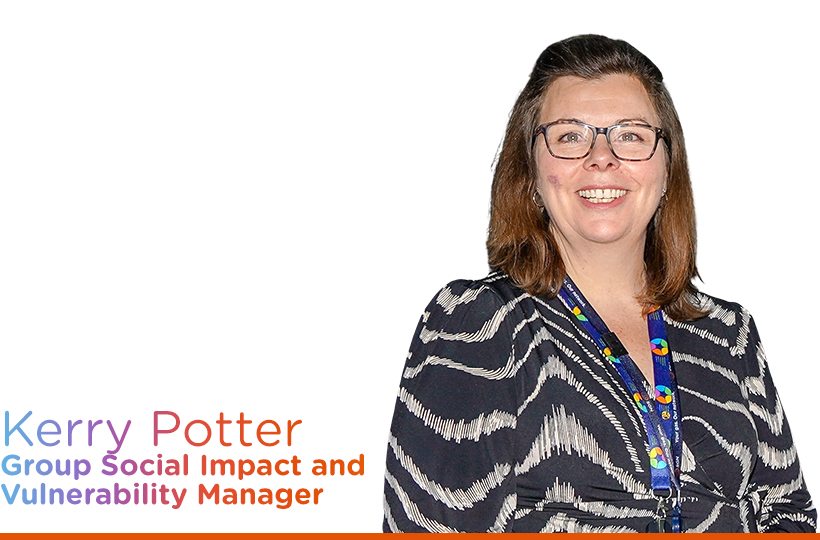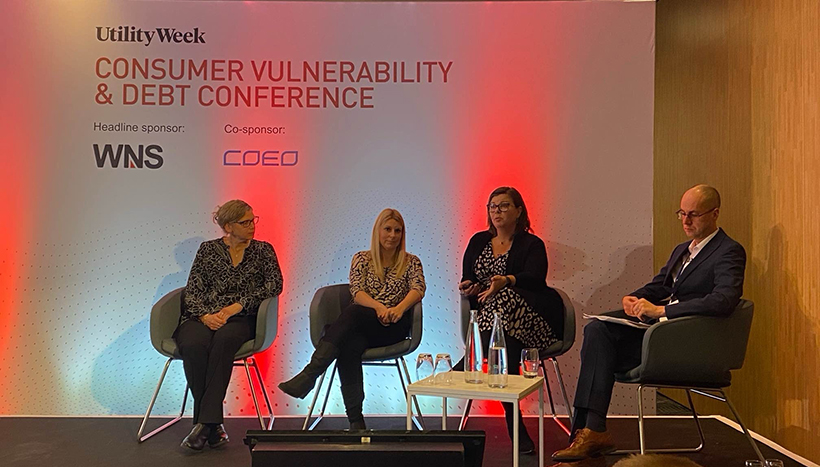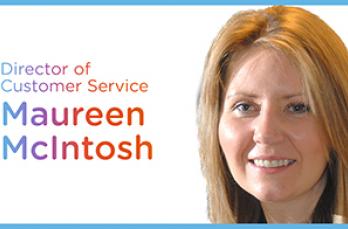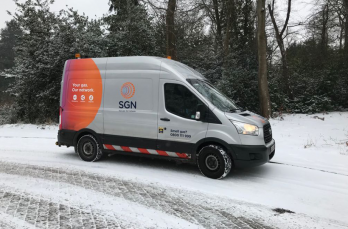
Every year, I look forward to attending the Utility Week Vulnerability and Debt Conference, an annual event bringing together a cross sector of energy and water companies as well as regulators and customer advocacy groups. It gives us a chance to reflect on the recent challenges faced by customers, especially those most vulnerable and living in challenging circumstances.
This year, there was a real awareness that as we head into winter 2023-24, more customers than ever are facing financial hardship which has resulted in unprecedented utility debt. It’s brought home the real need for utility companies to apply consideration and consider new ways of working to serve and protect the customers most in need of help.
The conference is a fantastic opportunity to share thoughts on how we can best improve the support services utilities provide their customers when it matters most, providing case studies that highlight new ways of managing barriers faced by customers through innovative projects, impactful partnerships and the lens of customers lived experience.
Data Sharing and Partnership Innovation
Presenting alongside our other partners Scope and National Energy Action, I was delighted to be asked to speak about one of our most recently formed partnerships with Marie Curie.
Our stakeholders have been encouraged by our previous collaborative work to support vulnerable customers and were keen to see us do more in the area. This was supported by our regulator Ofgem and from this, we’ve developed our ambitious vulnerability strategy, which includes collaborations with the other gas distribution networks (GDNs) to support those most vulnerable to living in a cold and unsafe home.
Working together, we’re using data and insights to proactively identify partnerships that support those most vulnerable in our communities by developing effective collaboration to ensure maximum benefit for customers by providing energy safeguarding services that keep our customers safe and warm.

Partnering with Marie Curie
In 2021, Marie Cure found through their research that being diagnosed with a terminal illness can impact energy costs and household incomes, with their energy costs potentially rising by 75% post diagnosis. The insights from the research showed that it isn’t just a financial impact but that health and wellbeing impacts of not being able to afford energy included an increased risk of hospital admission or readmission, as well as increased stress levels and social isolation. In extreme cases, Marie Curie nurses and patient families were worried about terminally ill people dying earlier or not dying at home as they couldn’t afford to do so.
When the energy crisis struck, bills doubled in 12 months and the Marie Curie team saw a steady rise of questions coming into their Information and Support team on energy matters and financial hardship. Marie Curie nurses were seeing unpresented hardship in the homes of people they were caring for, with people ashamed to have help coming into the home as they were unable to afford to heat or wash their clothes.
Coming together, we’ve co-designed a three-year partnership to embed support and resources into Marie Curie’s Information and Support services and the Marie Curie nursing team so that they can help people with a terminal illness maintain a safe and warm home.
We’ve introduced skilled energy support officers into the Information and Support team providing personalised energy safeguarding services, promoted through Marie Curie community nurses, in Marie Curie charity shops, through energy companies and via traditional marketing campaigns. We’ve also introduced training for all Marie Curie nurses on the Priority Services Register (PSR) and advice on how to identify and offer support to people in fuel poverty.
I’m proud to work closely with the Marie Curie team supporting the development of the partnership on behalf of the GDNs to ensure we’re making a positive impact. Since we launched in December 2022:
- almost 2,000 people have been supported to sign up to the PSR
- over 2,300 people have been supported by the Electricity System Operators
- we’ve provided over 8,600 people with self-service resources on energy saving
- by supporting almost 8,000 people with benefits checks, we’ve unlocked over £1m of unclaimed benefits to those who need the help the most
I’m excited to see how the partnership will develop over the next couple of years and hope we can make a huge difference to terminally ill people and their families across Great Britain.




